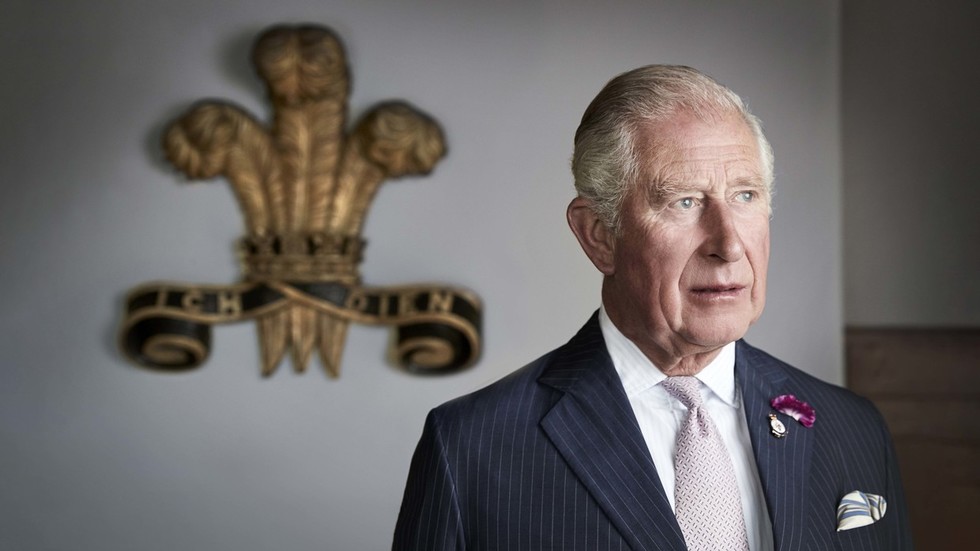As King Charles III is set to visit Australia, notable political tensions are emerging, highlighted by the absence of six state premiers at a planned reception. The premiers cited prior commitments, leading to criticism from proponents of the monarchy. Bev McArthur, a member of the Liberal Party and head of the Australian Monarchist League, condemned their decision, labeling it an insult to the monarch and an indication of their republican leanings. This situation underscores the ongoing discourse surrounding Australia’s status as a constitutional monarchy, despite being constitutionally independent since 1986. The visit from King Charles III marks his first official trip to Australia as a reigning monarch, with significant historical implications attached, particularly following the recent passing of Queen Elizabeth II.
The notion of Australia transitioning to a republic has gained traction in recent years, especially after the death of Queen Elizabeth II. The Australian Republic Movement (ARM) has revitalized its efforts to advocate for an independent head of state, suggesting that Australia should evolve and stand alongside other nations on equal grounds. The failed referendum in 1999, which resulted in approximately 54.9% of Australians voting to retain the monarchy, demonstrated a complex relationship with the British royal family that persists today. The ARM argues that Australian identity is not fully represented under a monarchy, stressing the need for a leader chosen by the Australian populace.
Prime Minister Anthony Albanese has expressed that having an Australian as the head of state aligns with democratic values, suggesting a potential future referendum on the republic question. His comments illustrate a growing sentiment among some Australians who desire to redefine their national identity beyond the historical ties to Britain. Despite the challenges faced during the previous referendum, the evolving political landscape could herald a new debate on Australia’s governance, especially as more citizens express their desire for a representative system of leadership that reflects contemporary Australian values.
In correspondence with the ARM, King Charles III indicated that he would not obstruct Australia’s path towards a republican system. His office noted that the decision to pursue such a change is ultimately one for the Australian people to make. This response suggests that King Charles is prepared to respect the wishes of his Australian subjects while still demonstrating a personal affection for the country. The reaction from the ARM illustrates a significant yearning among a segment of the population for greater autonomy and representation, indicating that sentiments toward the monarchy continue to evolve.
Historically, the connection between Australia and Britain dates back to the establishment of New South Wales as a penal colony in 1788, which later led to the formation of the Commonwealth of Australia in 1901. The legacy of British colonization and the lingering ties to the monarchy remain contentious issues. Although Australia retains the British monarch as the head of state, the push for republicanism reflects a broader desire to redefine national identity and governance in a modern context. The transition of countries like Barbados to republic status while maintaining ties to the Commonwealth further illustrates the shifting dynamics in global perceptions of monarchy and statehood.
As Australia contemplates its future, the king’s visit could serve as a catalyst for renewed discussions about the monarchy’s role in Australian society. The absence of state premiers at the reception for King Charles III is emblematic of the layered political discourse surrounding this issue. Whether Australia will move toward a republic is still a matter of public opinion and debate, but the evolving sentiments toward governance and national identity mark a significant chapter in Australia’s history, as many Australians consider their relationship with the British crown and envision a future shaped by their own leadership.

